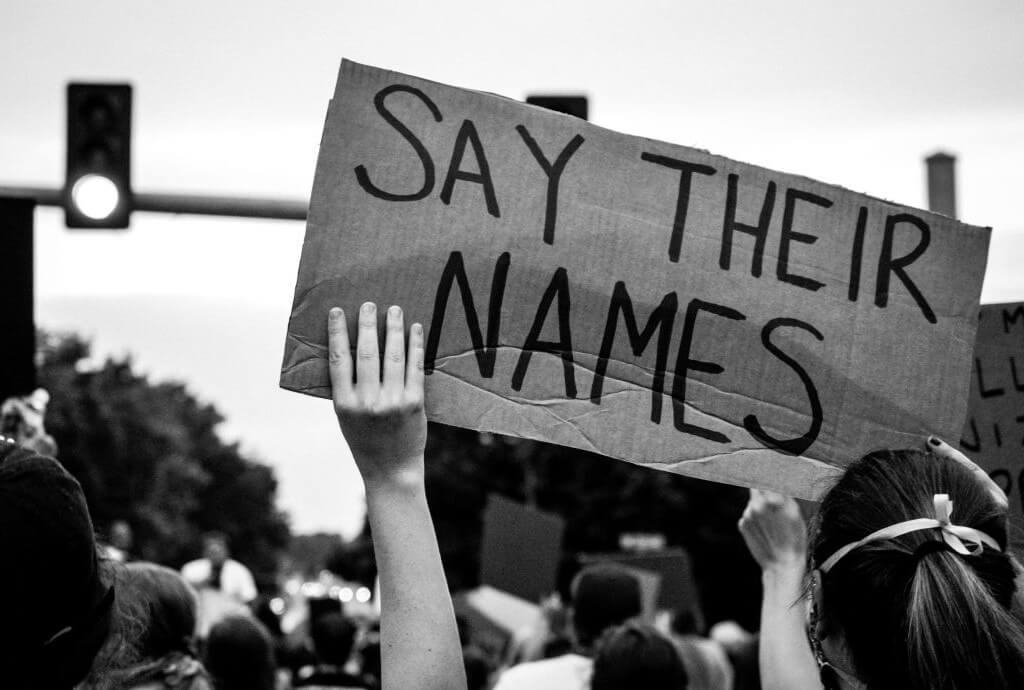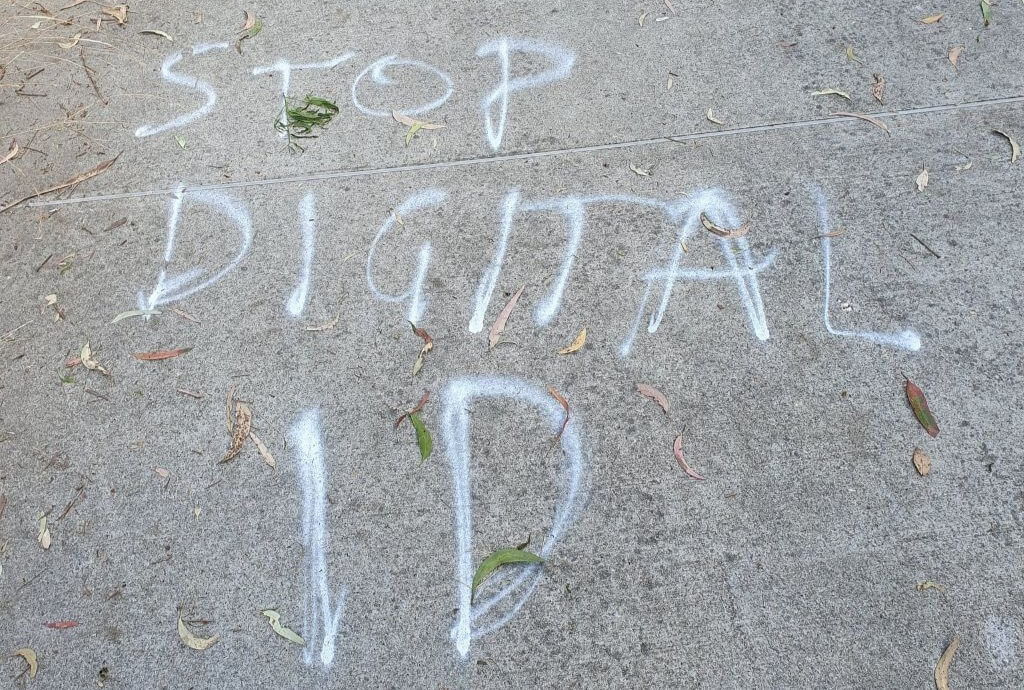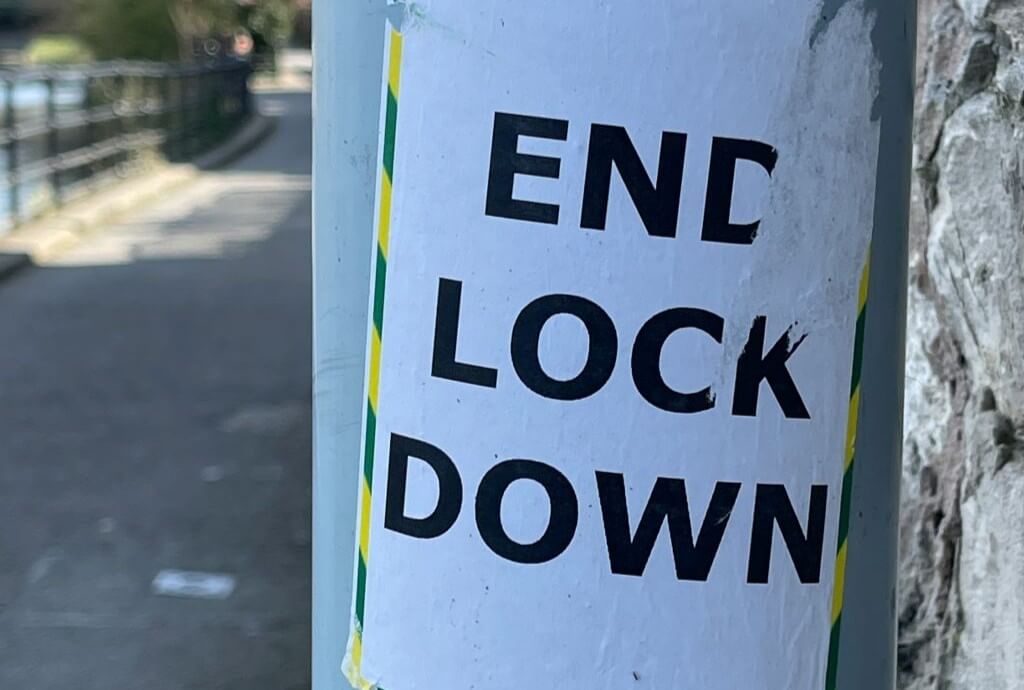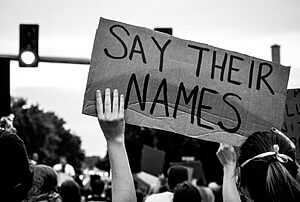In brief
- Legacy media often employs one-sided narratives to label opponents of the Left’s race agenda as racists.
- Disapproval of race-based policies is framed as setting back race relations.
- Prominent Māori academics label resistance to giving Māori special rights as “white supremacy.”
One-sided narratives protecting the radical agenda
NZ’s legacy media often spins one-sided, politicised narratives regarding race to frequently label opponents of the Left’s agenda for ethnic and racial separatism as racists. This agenda, calling for radical constitutional transformation and Māori sovereignty, is detailed in reports like 2016’s Matike Mai Aotearoa and 2019’s He Puapua report.
The previous Labour government spent several years advancing the objectives of the related concept of co-governance with laws and policies prioritising Māori race and ethnicity over non-Māori.
To deflect criticism from this radical and unpopular agenda, the tactic of playing the race card emerged, but resistance by mainstream voters culminated in Labour’s 2023 election loss.
Framing opposition to the radical agenda as racist
While recognising there is some anti-Māori racism, it is not easy to measure, but we see it as limited. However, there is certainly much talk of racism. We have previously pointed out how the mainstream media spreads accusations of racism against opponents of their favoured agenda, which many see as radical.
Proponents of the agenda say repealing race-based approaches to the delivery of services is setting back race relations.
Such accusations appear to be highly selective as the media rarely (i.e. never) explores the reverse scenario, which may be damaging to the Left’s agenda. For instance, mainstream media readily acknowledges the negative effects on relations of, say, over-policing in Māori communities. This may be an entirely appropriate line of enquiry, but what about the negative impacts on race relations resulting from disproportionately high involvement of Māori in violent crime?
Opposition to the radical agenda framed as either ignorant or racist
Likewise, opposition to the related concept of co-governance, giving Māori superior rights and privileges based on race, is de facto far right racism according to the mainstream media.
Regardless of whether opponents are white or not, they are generally labelled as racist, or accused of engaging in “race-baiting”, “white defensiveness”, etc.
Professor Margaret Mutu of the University of Auckland is a leading champion of Māori sovereignty and a lead author of Matike Mai Aotearoa. According to Mutu, the only resistance she notes to constitutional reform favouring Māori sovereigntists is from “White Supremacists”.
“The country got to see what those people were like in the protests outside Parliament,” she says without elaboration.
Another contributor to Matike Mai Aotearoa, lawyer Dayle Takitemu, recently made headlines addressing thousands assembled for the National Hui, hosted by the Māori King, saying that “An illiterate white supremacist is a nuisance, and a hōhā (annoyance), but an illiterate white supremacist in power is dangerous.” Held up as a legal expert, Takitemu’s remarks went completely unchallenged by the mainstream media.

Takitemu’s basis for the inflammatory accusation is ACT’s proposed Treaty Principles Bill, which aims to define the undefined so-called principles of the Treaty of Waitangi.
Outgoing Labour MP Kelvin Davis referred to the government as Pākeha “spiders” at Waitangi (3 February 2024) over opposition to the bill, co-governance, etc, saying they will do “nothing” for Māori. Again, his rhetoric went unchallenged by the media.
Usually, the only other narrative offered through the media to explain opposition to co-governance, is the patronising and passive aggressive claim that opponents fear the unknown.
The danger here is that smearing opponents as racists in order to avoid delicate and difficult discussions only acts to embolden conventional racism and division as resentment turns to anger.



















